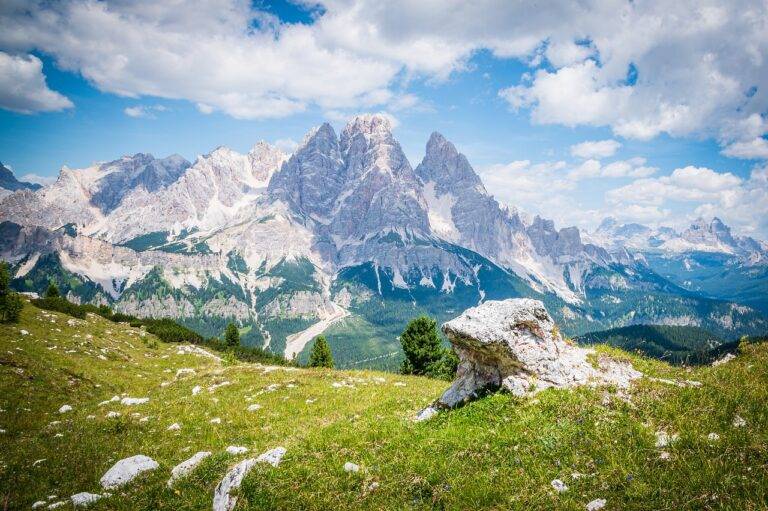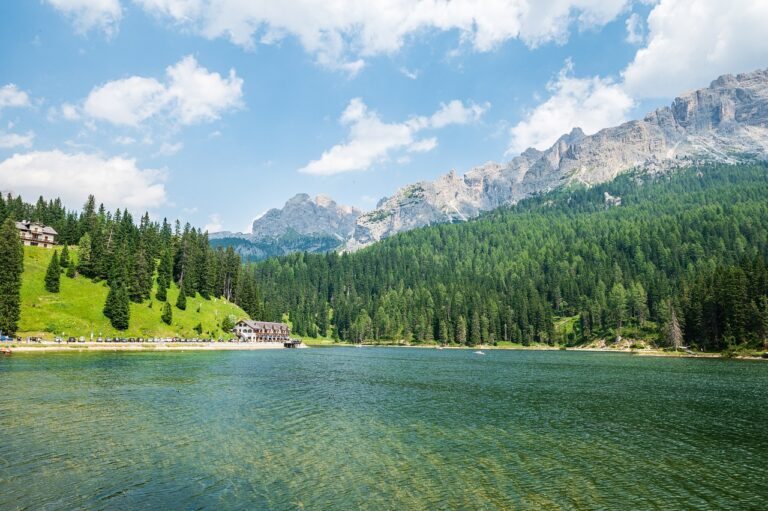Ecotourism Best Practices: Minimizing Impact and Maximizing Conservation Efforts
Ecotourism is a form of travel that focuses on experiencing natural areas and promoting conservation efforts. It aims to minimize the negative impacts of tourism on the environment and local communities while providing educational and enriching experiences for visitors. By engaging in ecotourism activities, individuals have the opportunity to appreciate the beauty of nature and contribute to the preservation of fragile ecosystems.
This sustainable form of tourism encourages tourists to engage in activities that support the conservation of wildlife and habitats. Whether it involves participating in guided nature walks, observing animals in their natural habitats, or volunteering for environmental projects, ecotourism offers a unique way to connect with nature and contribute to the protection of our planet’s biodiversity. By choosing ecotourism destinations and operators that prioritize environmental responsibility, travelers can make a positive impact on the places they visit and help ensure that these natural wonders remain for future generations to enjoy.
Understanding the Importance of Conservation
Conservation plays a vital role in the realm of ecotourism. It ensures the preservation of natural habitats, wildlife, and cultural heritage for future generations. By promoting sustainable practices, conservation efforts strive to minimize negative impacts on the environment and local communities.
Through conservation initiatives, ecotourism destinations can maintain their biodiversity and unique ecosystems. This not only supports the well-being of wildlife but also enhances the overall visitor experience. By understanding the importance of conservation, tourists can actively contribute to the protection of these precious resources during their travels.
• Conservation ensures the preservation of natural habitats, wildlife, and cultural heritage
• Promoting sustainable practices minimizes negative impacts on the environment and local communities
• Biodiversity and unique ecosystems can be maintained through conservation initiatives
• Conservation efforts support the well-being of wildlife and enhance visitor experiences
• Tourists can actively contribute to protecting precious resources by understanding the importance of conservation
Choosing Responsible Tour Operators
Selecting a reputable tour operator is a crucial step in promoting sustainable travel practices and supporting conservation efforts. By choosing a responsible tour operator, travelers can ensure that their ecotourism experience aligns with ethical and environmentally-friendly principles. It is essential to research various tour operators thoroughly, examining their commitments to conservation, local communities, and environmental preservation.
Responsible tour operators prioritize minimizing their impact on the environment, respecting local cultures, and supporting conservation initiatives. They also strive to provide authentic and educational experiences for travelers while contributing to the long-term wellbeing of the destinations they operate in. When selecting a tour operator, look for certifications, such as eco-labels or memberships in sustainable tourism organizations, which demonstrate their dedication to responsible and sustainable tourism practices.
What is ecotourism?
Ecotourism is a form of responsible travel that focuses on minimizing the negative impact on the environment and supporting conservation efforts.
Why is conservation important in ecotourism?
Conservation is essential in ecotourism because it helps protect natural habitats, wildlife, and cultural heritage for future generations to enjoy.
How can I choose a responsible tour operator for ecotourism?
When selecting a tour operator for ecotourism, look for companies that prioritize sustainability, support local communities, and have certifications or partnerships with conservation organizations.
What are some key factors to consider when evaluating a tour operator’s sustainability practices?
Some key factors to consider include their efforts to reduce carbon emissions, minimize waste, support local conservation projects, and educate travelers on responsible travel practices.
How can I ensure that my ecotourism experience is truly responsible and sustainable?
To ensure a responsible and sustainable ecotourism experience, do your research on the tour operator, ask questions about their sustainability practices, and be mindful of your own impact on the environment and local communities during your trip.





